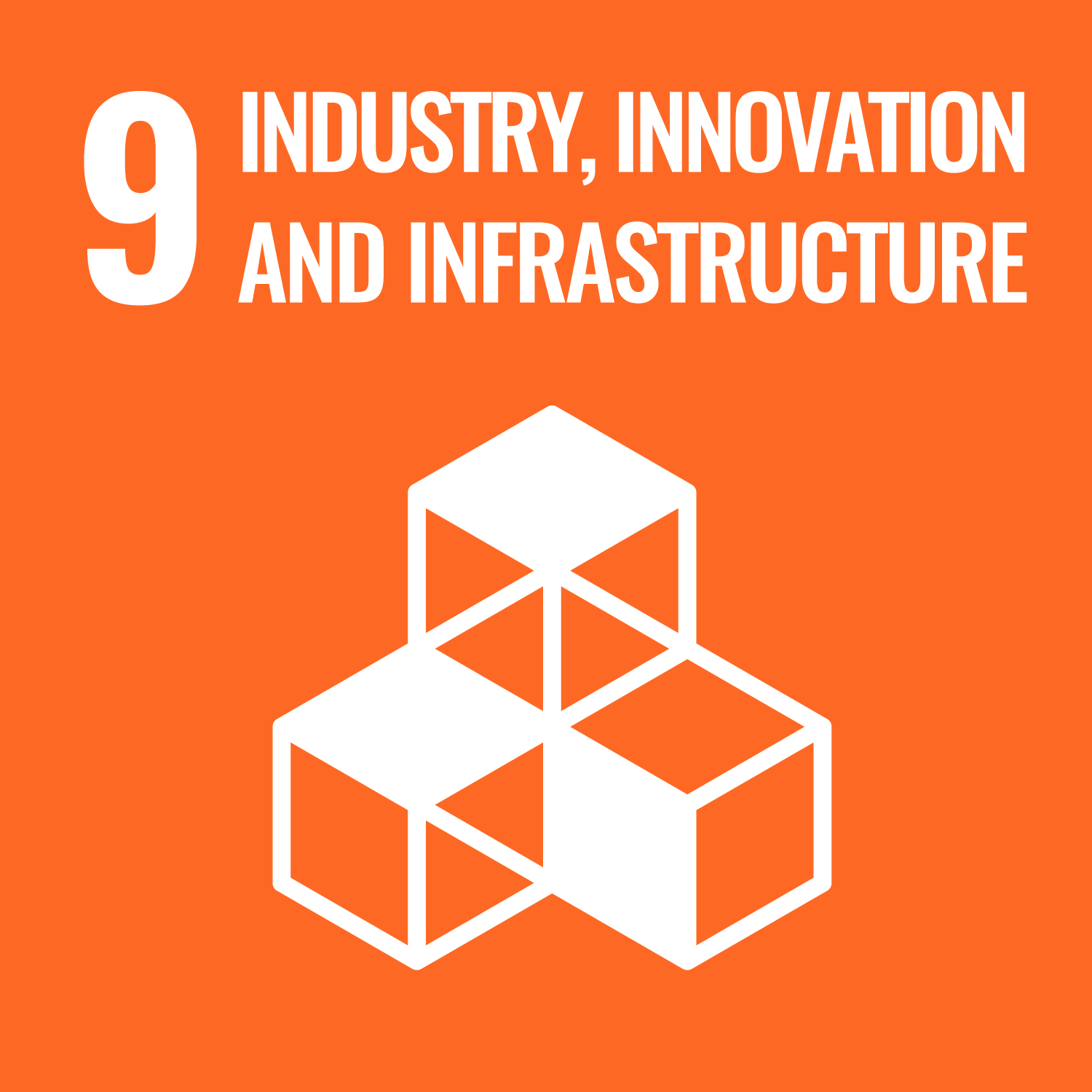SDG Detail
ENVMGT 742 : Social Dimensions of Global Environmental Change
Postgraduate courseProject description
An examination of the social dimensions of global environmental change. This includes a review of the history of climate science, the interaction of science with other knowledges, and contemporary debates surrounding climate change as well as other forms of environmental change. It also examines the different ways in which people respond to environmental risks and changes, and the challenges associated with mitigation and adaptation policies.
Project aims
?
Project outcome
By the end of this course, students will be able to: Identify and describe some of the drivers of anthropogenic climate change and explain the implications of climate change of social-systems. (Capability 1, 2, 4 and 6) Demonstrate an understanding of how and why people disagree about climate change (Capability 1, 2, 4 and 6) Recognise the role of worldviews, values, and norms play in people?s perceptions of and responses to environmental changes (Capability 1, 2, 3, 4 and 6) Critically evaluate differential vulnerability, adaptive capacity, and resilience of selected systems to climate variability, and change. (Capability 1, 2 and 6) Identify strategies to enhance the capacity of systems, communities, and institutions to mitigate and adapt environmental conditions. (Capability 1, 2, 3, 5 and 6) Recognise, analyse and evaluate the strengths and weaknesses of different sources of evidence (peer-reviewed studies, media reports, social media. (Capability 1, 2, 4, 5 and 6) Demonstrate independence in research and development of communication skills by completing a range of different forms of coursework assessments (quizzes, presentation, and assignments). (Capability 1, 2, 4 and 5)
Related SDGs
The corresponding sustainable development goals correlated with this project. You you click the icon to link to SDG category description page.









